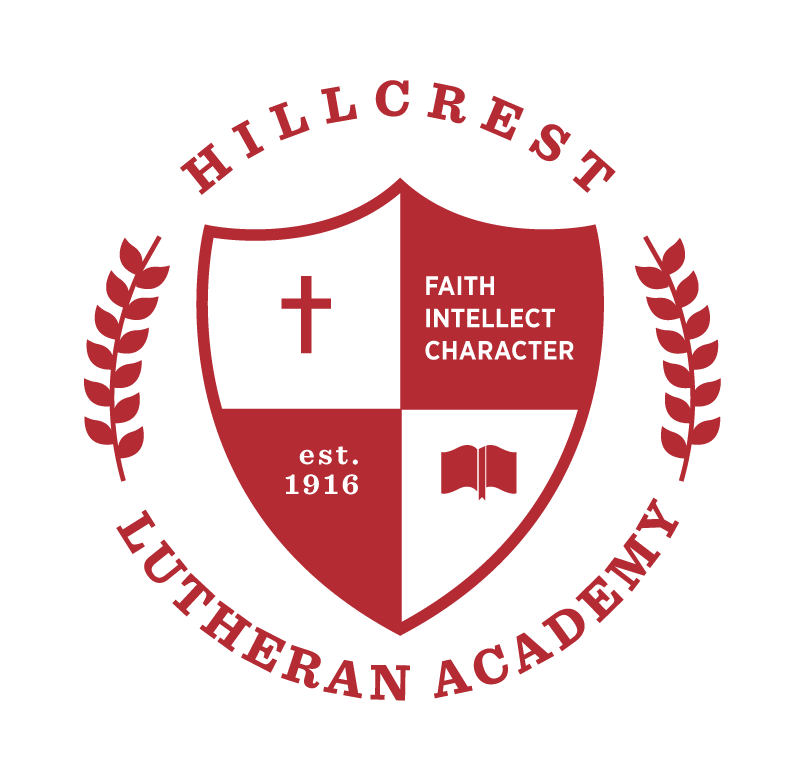Reclaiming Intellect and Faith In Wake of Covid Learning Dearth: How Bible Memory and the Classical Model Drive Student Development at Hillcrest Academy
A recent study has found that the COVID-19 pandemic negatively affected cognitive skills in students and teachers, particularly in memory and flexible thinking, which are essential for academic performance. The study suggests that techniques to rebuild these skills are crucial for recovery.
In light of this, memory work, particularly Bible memorization, can be a powerful tool to enhance memory and flexible thinking. Hillcrest Academy integrates memory skills through daily liturgies and Scripture recitation. This regular memory work benefits students in several ways, but in the wake of the Covide learning dearth, the practice has been seen to improve cognitive function and nurture character and spiritual development.
Hillcrest’s approach focuses on internalizing truths from Scripture and church doctrine. A video from Mrs. Fuh's third-grade class illustrates this. It shows students actively engaged in memory work, which lays a foundation for overcoming academic and developmental challenges that students and teachers nationwide report. This memory practice in classroom liturgies guides Hillcrest students in their spiritual and intellectual growth.
The practice of Bible memory work can significantly heal and train the mind, providing both cognitive and spiritual benefits. Studies have indicated that memorizing Scripture can improve attention and memory recall and provide a framework for critical thinking. Notably, a recent study published in the Journal of Psychology and Theology found that Scripture memorization enhances cognitive and emotional development, offering a foundation for mental resilience and deeper processing of information.
By focusing students on the truths of God’s Word, memorization brings clarity and security to God's creation and design for the world. It fosters an environment where students can think deeply and process effectively. This cognitive alignment enables students to navigate complex topics with a rooted, purpose-driven mindset.
At Hillcrest Academy, memory work goes beyond rote learning; it is a practice of internalization through reciting liturgies, Scripture, and church doctrine. These practices guide students to see the world through the lens of God’s truth, framing their understanding and shaping their intellect. Memory work becomes a spiritual discipline that reinforces character and confidence, laying a mental and spiritual pathway for intellectual exploration and moral formation.
Mrs. Fuh’s third-grade class at Hillcrest is a testimony to the practice of liturgies being implemented in Hillcrest’s classrooms. Through engaging in daily liturgies and Scripture recitation, students demonstrate a joyful embrace of memory work that reflects the classical model's intention to awaken their intellect and direct it toward God’s design. This example showcases how Hillcrest students are equipped not only to overcome cognitive challenges presented by disrupted learning during COVID-19 but to thrive academically and spiritually by grounding their education in memory and truth.
